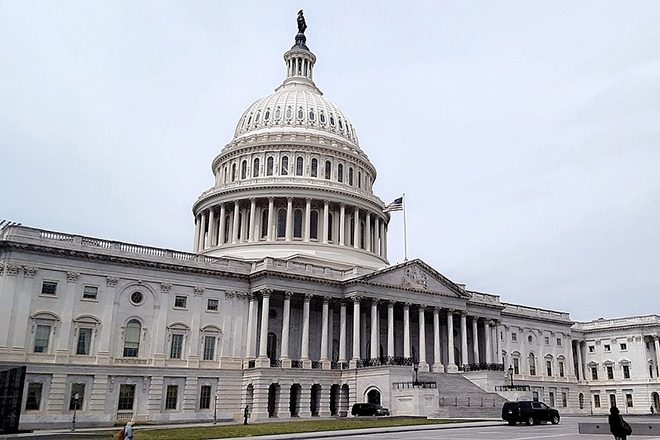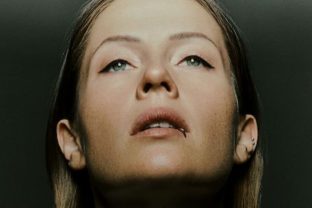US bill aiming to ban lyrics being used as criminal evidence reintroduced to congress
The RAP Act aims to protect artist expression from being used against them in court

A bill that aims to protect artists from having their lyrics be used against them in court evidence has been reintroduced to the US Congress.
The Restoring Artistic Protection Act (RAP Act) was first introduced in July 2022, its reintroduction by two Democratic congressmen Hank Johnson and Jamaal Bowman was announced at a press conference that took place on Wednesday, April 26, and was streamed live by the Recording Academy.
The bill, if passed, would add a presumption to the Federal Rules of Evidence, that would deem an artist’s creative expression or artistic expression from being used against it in court.
Read this next: Hip hop stars are fighting to ban the use of rap lyrics as court evidence
At the news conference Harvey Mason Jr., CEO of the Recording Academy, and Rico Love, Chair of the Recording Academy Black Music Collective, praised the bill’s introduction. In a joint statement, they said: “We must safeguard artists’ freedom to create at all costs and work to eradicate the biases that come with the unconstitutional practice of using lyrics as evidence.
“We are grateful to Congressmen Johnson and Bowman for their unwavering commitment to music people and look forward to working alongside them to advance this issue.”
According to the Recording Academy, there are over 500 cases since 2000 where prosecutors have used lyrics as criminal evidence in court against an artist defendant. It also cited a 2016 report by criminologists at the University of California, which found that rap lyrics – written mostly by young Black people – were more likely to be evaluated negatively than in other forms of music.
Read this next: Woosh, the first UK drill book, tells the real story of the demonised genre
Most notably, Young Thug's lyrics from his song 'Slatty' were used against him in court after being arrested in May, which were used to frame his label Young Stoner Life (YSL) as a criminal gang. In June he spoke from jail in an address screened at Hot 97's Summer Jam, where he said: "I always use my music as a form of artistic expression, and I see now that Black artists and rappers don't have that freedom."
Congressman Jonson said: “This legislation is long overdue. For too long, artists – particularly young Black artists – have been unfairly targeted by prosecutors who use their lyrics as evidence of guilt, even though there is no evidence that the lyrics are anything more than creative expression.
“When you allow music and creativity to be silenced, you’re opening the door for other realms of free speech to be curtailed as well. The government should not be able to silence artists simply because they write, draw, sing, or rap about controversial or taboo subjects.
“The Restoring Artist Protection Act would protect artists’ First Amendment rights by limiting the admissibility of their lyrics as evidence in criminal and civil proceedings.”
Isaac Muk is Mixmag's Digital Intern, follow him on Twitter

Mixmag will use the information you provide to send you the Mixmag newsletter using Mailchimp as our marketing platform. You can change your mind at any time by clicking the unsubscribe link in the footer of any email you receive from us. By clicking sign me up you agree that we may process your information in accordance with our privacy policy. Learn more about Mailchimp's privacy practices here.

 Charlotte de Witte has shared the first details of her eponymous debut album
Charlotte de Witte has shared the first details of her eponymous debut album

